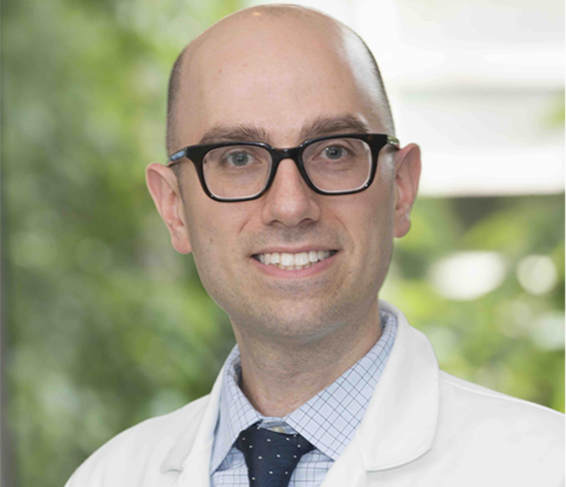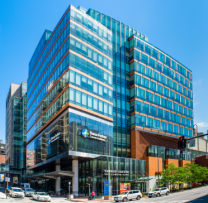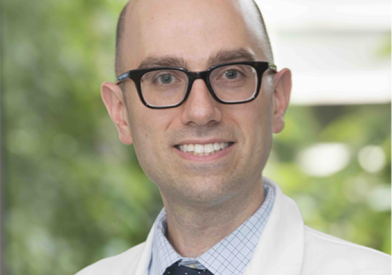
Eric Smith, MD, PhD
Biography
Eric Smith, MD, PhD
Eric Smith, MD PhD, moved to Boston after spending the early part of his career in New York. He earned his MD and PhD (Genetics and Genomic Sciences) from the Mount Sinai School of Medicine, where he also trained as a research track resident in internal medicine. He then moved to Memorial Sloan Kettering Cancer Center for medical oncology fellowship and further research training. Post-fellowship he stayed on at MSKCC serving as faculty in the Center for Cell Engineering, Cellular Therapeutics Center, and the Myeloma Service before joining DFCI. Dr. Smith's pre-clinical work has resulted in many awarded or pending patents; multiple cell therapy products stemming from his lab work have been translated to the clinic. Outside of lab he enjoys spending time outdoors biking, hiking, swimming, or skiing with his wife and two daughters.
Researcher
Physician
Board Certification
- Internal Medicine
- Medical Oncology
Fellowship
- Memorial Sloan Kettering Cancer Center
Residency
- Mount Sinai School of Medicine, Internal Medicine
Medical School
- Mount Sinai School of Medicine
Locations

Dana-Farber Cancer Institute
450 Brookline Avenue Dana Building Room 732 Boston, MA 02215Dana-Farber Cancer Institute




